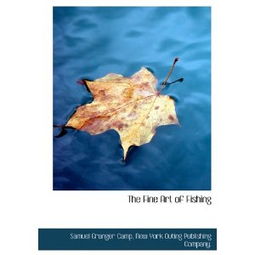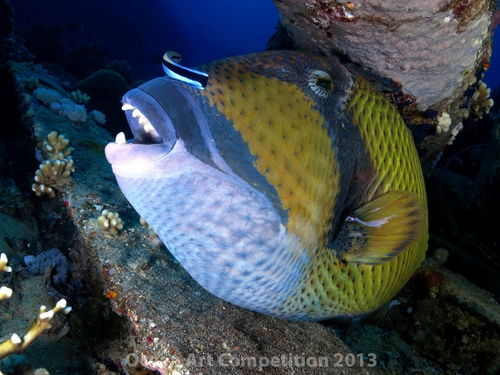Content:
Introduction: Fishing is not just a leisurely pastime; it's an art form that requires patience, skill, and a deep understanding of the sport. Competitive fishing, in particular, takes this to another level, demanding precision, strategy, and a keen eye for detail. Whether you're a seasoned angler looking to sharpen your competitive edge or a beginner aiming to make waves in the fishing world, this article will guide you through the essential techniques and skills needed to excel in the art of competitive fishing.
Understanding the Basics: Before diving into advanced techniques, it's crucial to have a solid foundation. This includes understanding the different types of fishing, such as freshwater, saltwater, fly fishing, and bass fishing. Familiarize yourself with the equipment required for each type, including rods, reels, lines, hooks, and lures.
Mastering Casting: Casting is the cornerstone of competitive fishing. A good cast can cover more water, attract more fish, and increase your chances of a successful catch. Here are some tips to improve your casting skills:

- Practice your grip: Find a comfortable grip that allows for control and precision.
- Learn the different casting techniques: There are various casts, such as the overhead cast, sidearm cast, and roll cast, each suited for different situations.
- Pay attention to your form: Keep your shoulders level, your elbow close to your body, and your wrist firm.
- Practice regularly: The more you cast, the better you'll become.
Reading the Water: Competitive fishing is not just about casting and catching; it's about understanding the environment. Here's how to read the water like a pro:
- Observe the water's surface: Look for signs of fish activity, such as ripples, bubbles, or splashes.
- Study the bottom: Different types of bottoms, such as rocks, sand, or weeds, can influence where fish are likely to be.
- Consider the weather: Wind, temperature, and water clarity can all impact fish behavior.
Selecting the Right Lures: Choosing the right lure is essential for attracting fish. Here are some tips for selecting the perfect lure:
- Match the hatch: Use lures that mimic the natural prey of the fish you're targeting.
- Consider the fish's behavior: Some fish are more likely to bite on certain types of lures, such as spinnerbaits for active fish or soft plastics for passive fish.
- Experiment with different lures: Don't be afraid to try new lures and techniques to see what works best in different conditions.
Developing a Strategy: Competitive fishing is a game of strategy. Here are some tips for developing a winning plan:
- Study the competition: Understand the strengths and weaknesses of your opponents.
- Choose your spots wisely: Target areas where fish are likely to be, based on your observations and research.
- Adapt to changing conditions: Be flexible and willing to change your strategy as the day progresses and conditions change.
Perfecting Your Technique: In competitive fishing, technique is everything. Here are some advanced techniques to help you refine your skills:
- Learn to fish with finesse: Use light tackle and gentle movements to attract cautious fish.
- Master the art of reeling: Practice smooth and consistent reeling to avoid startling fish.
- Develop a good knot: A secure knot is crucial for keeping your line connected to your lure.
Maintaining Your Equipment: A well-maintained rod, reel, and line can make a significant difference in your performance. Here's how to keep your equipment in top condition:
- Clean your equipment regularly: Use a soft cloth and mild soap to clean your rod, reel, and line.
- Inspect for damage: Check for cracks, nicks, or frayed areas and replace parts as needed.
- Store your equipment properly: Keep your equipment in a cool, dry place to prevent rust and damage.
Conclusion: Competitive fishing is a challenging and rewarding sport that requires dedication, practice, and a deep understanding of the art. By mastering the basics, honing your techniques, and developing a strategic approach, you'll be well on your way to becoming a formidable competitor. Remember, the key to success in competitive fishing lies in your ability to adapt, learn, and continually improve. Happy fishing!












